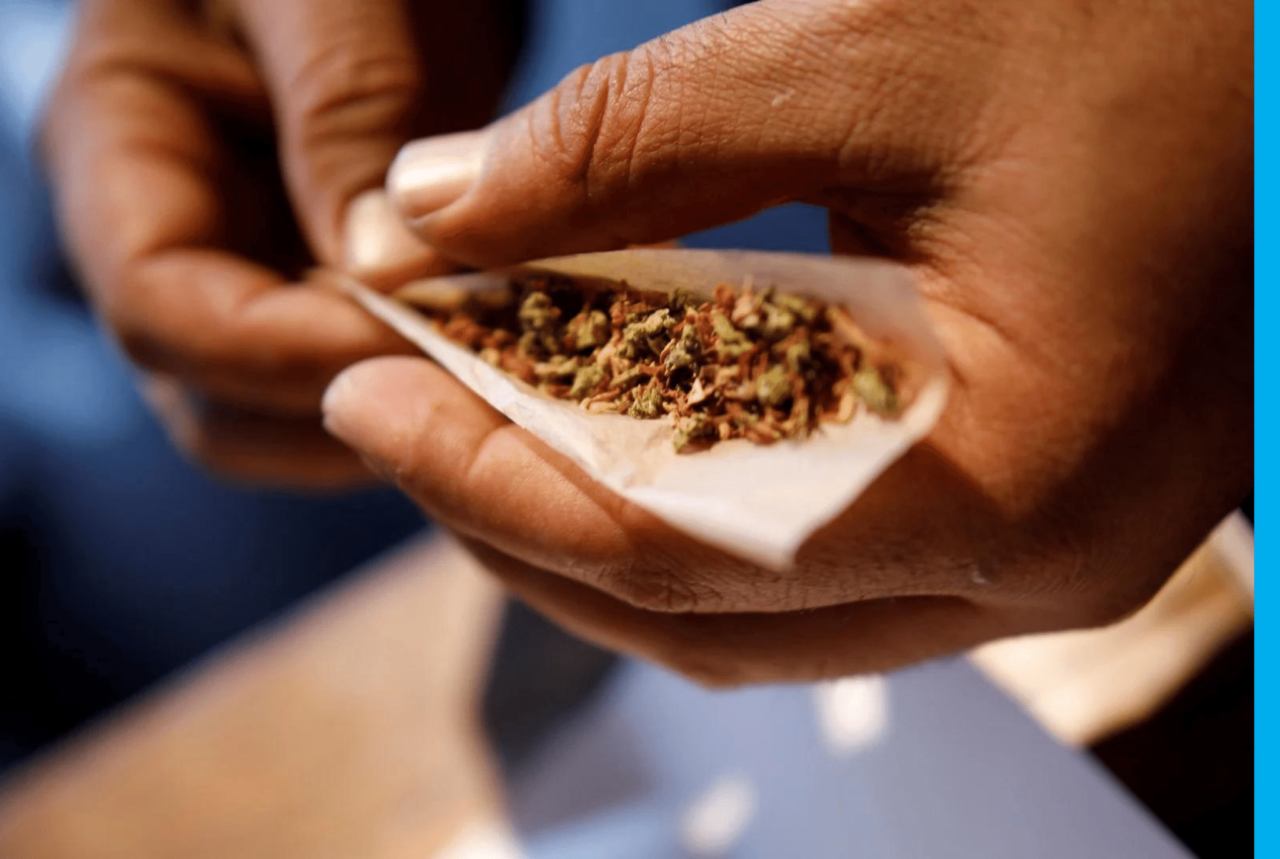US instructs surgeons to ask patients about cannabis use in new guidelines

Regular cannabis use may worsen pain and nausea after surgery and increase the need for opioids, which often become addictive and can kill.
All patients who undergo procedures requiring anesthesia – including surgery – should be asked about whether they use cannabis, medicinally or recreationally, according to new guidelines released by the American Society of Regional Anesthesia and Pain Medicine (ASRA Pain Medicine).
The first American guidelines on cannabis use in relation to surgery also note that regular use may worsen pain and nausea after surgery and increase the need for opioids, which often become addictive and can kill.
The guidelines were developed in response to the increased use of cannabis during the past 20 years and concerns that it potentially can interact with anesthesia and lead to complications. About 10% of Americans use cannabis every month, and it is the most commonly used psychotropic substance after alcohol, according to the US Substance Abuse and Mental Health Services Administration and ASRA, which includes over 5,000 physicians and other healthcare providers devoted to effective pain management across the entire continuum.
“Before surgery, anesthesiologists should ask patients if they use cannabis –– and be prepared to possibly change the anesthesia plan or delay the procedure in certain situations,” said Dr. Samer Narouze, senior author and president of ASRA. “They also need to counsel patients about the possible risks and effects of cannabis. For example, even though some people use cannabis therapeutically to help relieve pain, studies have shown regular users may have more pain and nausea after surgery – not less – and may need more medications including opioids to manage their discomfort.
“We hope the guidelines will serve as roadmap to help better care for patients who use cannabis and need surgery.”
Dr. Samer Narouze
The guidelines recommend anesthesiologists screen all patients for cannabis use, including asking about the type of cannabis product used, how it was used (smoked or ingested), the amount used, how recently it was used and the frequency of use.
What information were the guidelines based on?
The guidelines are based on an extensive literature review and experiences from the organization’s “Perioperative Use of Cannabis and Cannabinoids Guidelines Committee,” which was composed of 13 experts including anesthesiologists, chronic pain physicians and a patient advocate. All 21 recommendations achieved full consensus.
This is the first US-based guideline on perioperative (before, during and after surgery) management of cannabis, according to lead researcher Dr. Shalini Shah, vice chair of anesthesiology at the University of California at Irvine School of Medicine. The American Society of Anesthesiologists reviewed the guidelines and is in agreement with their recommendations and affirms their value for anesthesiologists and surgeons. They are not intended to replace clinical judgment but rather promote improved patient communication and possibly improved outcomes.
Recommendations include screening all patients before surgery, postponing elective surgery in patients who have altered mental status or impaired decision-making capacity at the time of surgery, counseling frequent, heavy users on the potentially negative effects of cannabis use on postoperative pain control and counseling pregnant patients on the risks of cannabis use to the unborn child.

